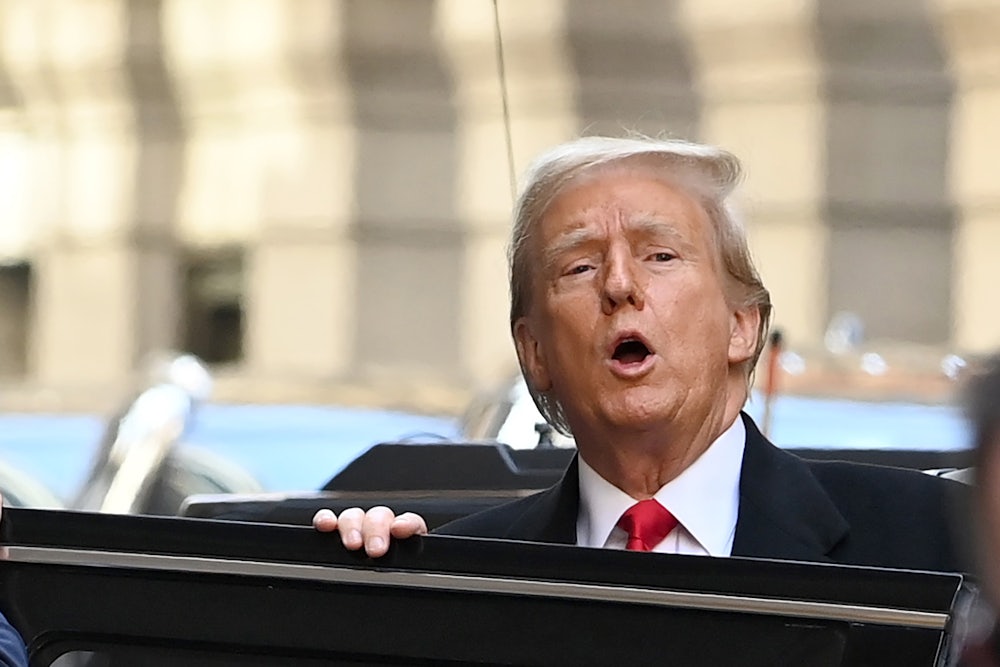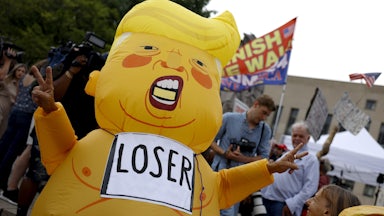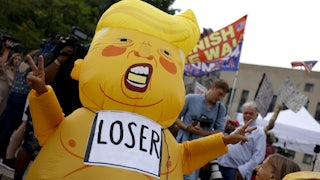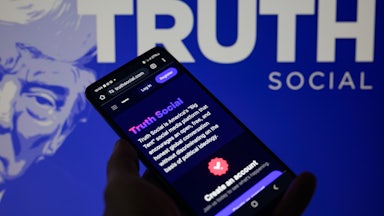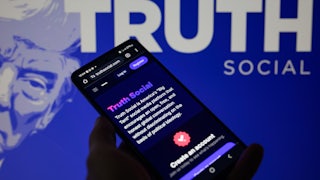When a business lends money to a guy who (a) routinely stiffs his creditors and (b) may become president within the next nine months, that merits a certain amount of scrutiny. Chubb’s decision to back a $91 million bond for Donald Trump in the E. Jean Carroll lawsuit—which Trump is almost certain to lose on appeal—drew so much unfavorable publicity that it likely helped persuade Chubb’s chairman, Evan Greenberg, not to back a second $454 million bond (though Greenberg, bafflingly, gave it serious thought). Now the world is asking why Knight Specialty Insurance stepped in to back, in a New York civil fraud case, that second bond, which an appeals panel reduced from $454 million to $175 million. Trump will likely lose that appeal too.
Knight Specialty Insurance is a unit of the Los Angeles–based Knight Insurance Group, whose chairman is Don Hankey. Hankey’s net worth is $7.4 billion, which ranks him the 360th-richest person in the world, according to Forbes. (Trump, who is worth $6 billion, ranks 507th.) Forbes calls Hankey “the little-known king of subprime car loans.” Yes, Trump is putting himself in hock to Repo Man. A 2015 Forbes profile said Hankey’s Westlake Financial Services charged interest on car loans to low-income people at 19 percent or higher, and repossessed about 250 cars per day.
Knight Specialty Insurance was not listed by Trump’s lawyers as one of the 30 companies Trump approached to back the bond when it was $454 million, all of whom said no. In a Sadie Hawkins Day–style twist, it was Knight Specialty that first approached Trump. Hankey told Forbes that he placed the call a few days before the New York appeals panel lowered the bond to $175 million. “We had a conversation about putting together a bond that size,” Hankey told CNN. This timing suggests that when Trump’s lawyers told the New York appeals court last month that meeting the $454 million bond was a “practical impossibility,” that claim was not precisely true. “This is what we do at Knight Insurance,” Hankey told Forbes. “I’d never met Donald Trump. I’d never talked to him on the phone. I heard that he needed a loan or a bond, and this is what we do. So we reached out, and he responded.” Hankey told ABC News that “I’d say it’s more of a business decision, but I happen to be a supporter also.”
It was not the first time Hankey came to Trump’s rescue. In 2022, Axos financial, an online-only bank in which Hankey was the largest noninstitutional shareholder, played fairy godmother to Trump on three properties, lending $100 million for Trump Tower, $125 million for the Doral Resort in Miami-Dade County, and an undisclosed portion of a $285 million loan that allowed Trump to unload the money-losing Trump International Hotel in D.C. at a price far in excess of its market value. Like Hankey’s Westlake Financial Services, Axos has lent money (in this instance, to small businesses) “that carried cripplingly high double- and triple-digit effective annual interest rates,” NBC News’s Gretchen Morgenson reported in 2022. Hankey told Bloomberg that his ties to Axos had nothing to do with his decision to back Trump’s $175 million bond.
Hankey has extensive experience lending money to high-risk borrowers, but Trump is his first high-risk ex-president. With an appeal bond, the lender doesn’t protect himself against risk by charging high interest, but rather by charging a large fee up front. We don’t know what Hankey charged Trump to help him meet bond, but it could easily be $10 million or more. Indeed, it would be risky for Hankey to charge Trump too little, because that might be construed as an illegal campaign contribution comparable to the hush-money payoffs for which Trump goes on trial later this month. That wrinkle is one of the many reasons most surety firms are telling Trump “thanks, but no thanks.” Hankey told Bloomberg that although he was willing to accept as collateral 20 percent cash and 80 percent investment-grade bonds, in the end Trump decided to put up cash only. If Trump tried to persuade Hankey to accept real estate as collateral (surety companies seldom do), he was unsuccessful.
What do Trump’s latest benefactors stand to get in return? We can only speculate, but Hankey and Axos previously had reason to be grateful that under Trump, the Office of the Comptroller of the Currency enacted two regulations that allowed lenders to bypass state interest rate caps. Usury laws are typically set at the state rather than the federal level, but the Consumer Financial Protection Bureau has some oversight role, and last year it joined a lawsuit brought by New York Attorney General Letitia James—whose successful case against Trump occasioned his need for that $175 million bond—against Credit Acceptance Corporation, an indirect funder of subprime auto loans. A judge subsequently put the case on hold pending the Supreme Court’s ruling on whether the Consumer Financial Protection Bureau ought even to exist. Trump appointed three reactionary justices to the high court, and if he wins a second term he could appoint, by some calculations, as many as four more. Is that worth $175 million to Don Hankey? It could be worth a good deal more.
